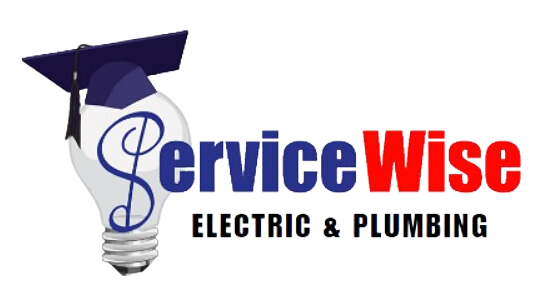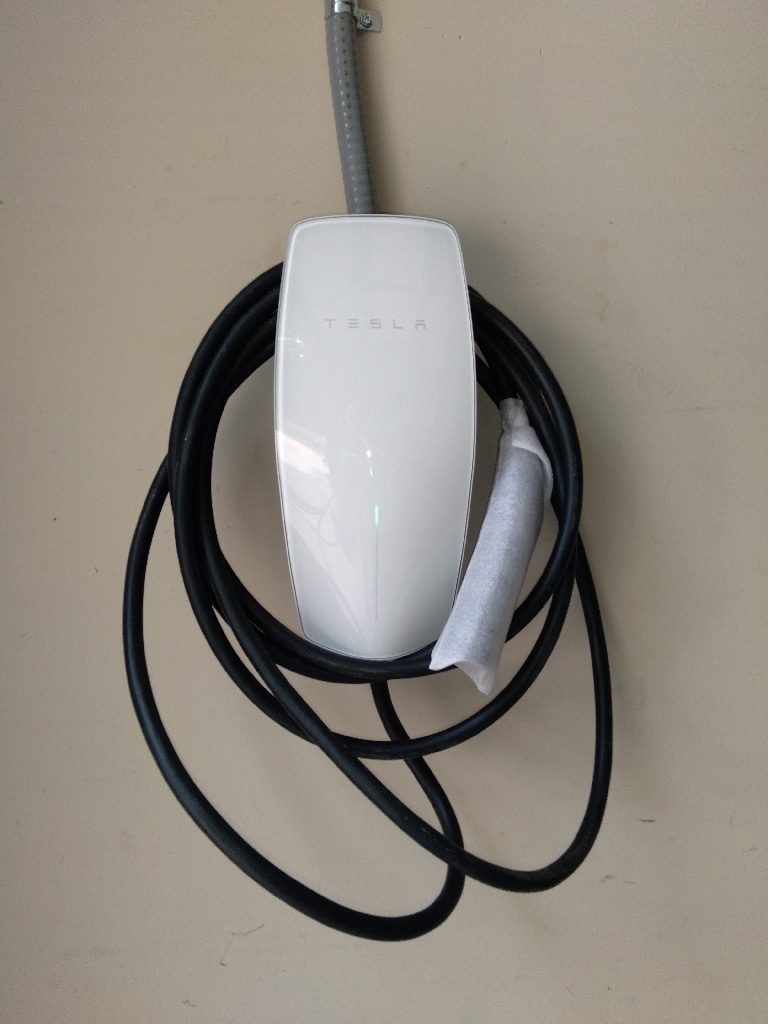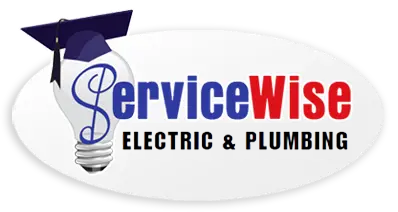Thinking About Installing an Electric Car Charging Station at Home?
Here is everything you need to know.
Are you looking to redesign and remodel your office space? While redesigning an office space is not an easy task it will ensure that you maximize the use of your workspace. A commercial remodel will ensure your office space is renovated, whether it’s damaged or in need of an update.
Electric cars are all the rage now. This is the perfect time to buy an electric car. If you’re going to buy an electric car or have one on the way, you’ll need to install an electric car charging station. It will be in your home to use as you need it.
The best option is hiring an experienced local electrician that provides a professional electrical car charger installation service. Read this guide to learn how to install an electric car charging station in your home. It will tell you everything you need to know about the process.
How to Charge an Electric Car at Home
Electric car owners can charge their cars at a charging station in their community. It’s convenient if there is a charging station in your work’s parking lot, but what if there isn’t one there? You’ll have to drive around until you find one.
All this driving can waste your car’s battery life. It’s better if you have your charging station in your home. It will save you a lot of time. Factor in the amperage, or amps, too. This will give you an idea of how much current the charger has. Home charging stations are more powerful than the normal 3-pin plug. This type of plug charges at around 2.3 kW. It can take around 17 hours to charge a 40kWh battery.
A home charging station has a 7kW charging point. This will charge your electric car in less time. It will cut charging time by 11 hours.
Where to Install the Charger
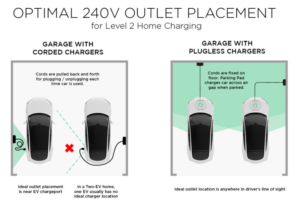
To charge your electric car at home, you’ll need to have a charging point set at your home. This is the location where you’ll park the car when it’s time to charge it.
It’s a compact weatherproof unit that mounts to a wall. It may be the side of an outside wall or the wall in the garage. A charging cable or a socket connects to the unit. An outdoor charging station needs to be outdoor rated. This rating shows that the device will not have any problems if it’s installed outside. You’ll have peace of mind knowing that rain, snow, or other elements will not damage it.
The best location for the charger depends on several factors. It’s all about location. If your charger is far from your home’s power panel, there’s a chance you’ll need to use more wiring. This can drive up the cost of installation.
This may be funny, but some electric car owners install their chargers on the other side of the car’s charging port. Don’t let this be you! Make sure you install the charge on the same side of your car’s charging port.
Choosing the Right Charger

There are a few factors to consider when picking a charger for your electric car. You have to determine the kind of power you want your charger to have. The most common is 7kW, but there are other options available.
You’ll need to find out what type of cable is most appropriate for your charging station. There’s the tethered and the untethered option. If you don’t want to deal with a cable, you might go with the untethered option. Next, focus on the design. You’ll look at your charging station every day so why not look at something pleasing to the eye?
After considering all these features, you’ll need to go over the price. Ask around for estimates. With the bill the White House wants to pass, you may be eligible for a grant to help you pay for the cost.
Types of Home Charging Stations
Electric Vehicle Supply Equipment, or EVSE, is what you’ll install in your home. Level 1 EVSE and Level 2 EVSE are the two types of EVSE that homeowners can install.
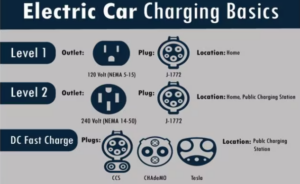
The Level 1 EVSE equipment comes with the electric car you buy. This type of equipment will have a plug on one end and a vehicle-specific plug on the other. It’s simple to use but it’s the slowest charging option. It will take up to 20 hours to give your electric car a full charge.
The Level 2 EVSE equipment provides a faster charge. It comes with a whopping 220-volt electrical supply. Your car will have a full charge in 4-8 hours.
Installing Extra Features
Did you know that some charging stations work like smart devices? Yes, like the same smart devices found in homes. If you can afford one buy it as its features are amazing.
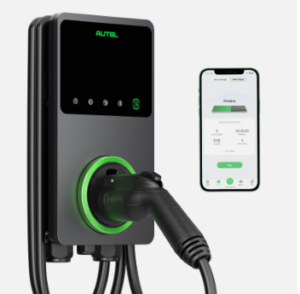
A smart charger can let you schedule when your charger turns on and shuts off. This is a great benefit if you plan to leave your car charging throughout the night. Some smart chargers come with Wi-Fi. If your smart charger has Wi-Fi, you can use your smartphone to check its activity. This is a great way to save money as it can alert you if you’re using too much electricity.
Certain smart chargers work with voice commands. With this feature, you can use one of your devices for voice control. It will allow you to start charging and stop it when your electric car has a full charge. Spending a little extra for these features may be worth it. Do your research before you decide to buy one so you know what features are compatible with your car.
Preparing for the Day of the Installation
Successful installation of your electric car charging station depends on you too. Are you planning to hire an electrical contractor? If so, you’ll need to give the company the information they need for the installation process.
They will want to know your preferences. Do tell them if you have specific ideas in mind to see if they can meet your needs. The company you hire may want to conduct a site survey. Someone may visit your home to make sure everything is in order. They want to determine if the home is a good fit for the charging station.
Leave the area where the charging station will go clear. Also, make a clear path from the charging station to the power supply point. Any obstructions can setback the installation process.
Installing a Home Charging Station
The Level 1 EVSE works in most homes. It’s compatible with a standard electrical system. You can install this type of charging station on your own. You must install it in a wall unit near a plug. Some of these systems can be hardwired to existing wiring. If you can do this, there will be no need for a plug. If you need help installing a Level 1 EVSE, you’ll need to seek professional help. For the Level 2 EVSE, you’ll need to hire a qualified electrician.
The electrician will need to inspect your home’s power panel to determine if it can handle a Level 2 EVSE. Most newer homes have the capacity to run this type of equipment. The electrician will provide you with information so you know how to track your power usage. It’s important you audit how much power the equipment uses so that you make sure it doesn’t overload it.
A Level 2 EVSE will draw up to 50 amps. This much usage can put a significant strain on your home’s electrical system. The installation process can take anywhere between 2-3 hours. Complications can prolong the installation process.
Learn more about professional EV car charger installation service from ServiceWise Electric! We install electric car chargers for home and businesses around the metro Atlanta area!
Time to Install Your Home Electric Car Charging Station
You’ll need to install your electric car charging station before you buy an electric car. There are different factors to consider before you decide which charger to install.
This guide outlines all the factors you need to consider. It’s best to get professional help. An electrician will know how to install your electric charging station.
